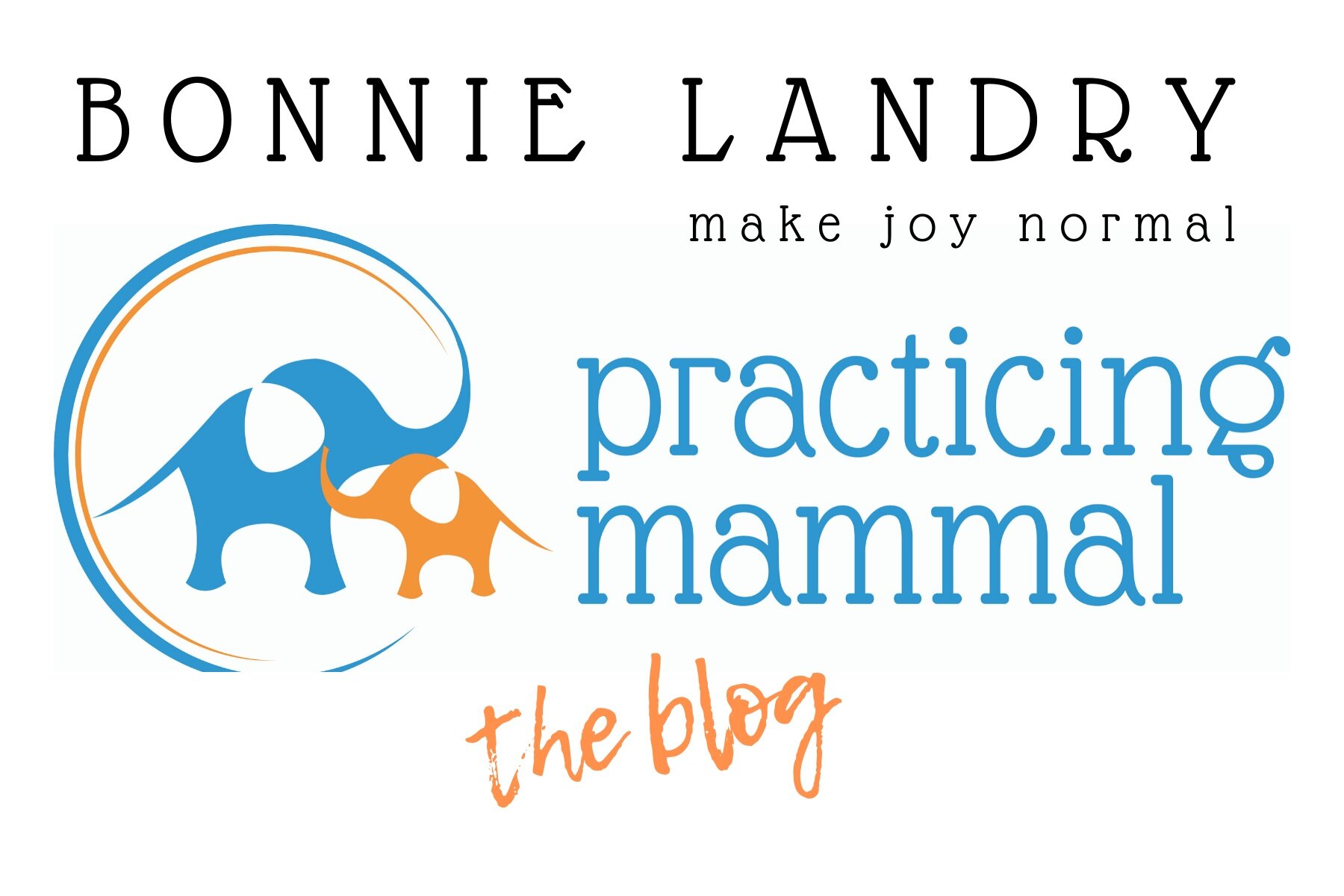the difference between dictation and writing
I think it is really important to separate “writing” from dictation. In our house, writing (except when pursued by the child themselves wanting to write their own stories, etc.) comes much later, at 13 or 14 even. When they can do a dictation lesson almost perfectly (what I mean by that is correctly, without any guidance from me) is when I start writing lessons with them.
Part of my creative, earthy being wants to make the argument here that writing, at one time in the not too distant past was a fairly subjective thing. You spelled things how they sounded and you made up words as necessary to fit your iambic pentameter. And I think that is really cool. That’s why I write in partial sentences so often. Because I want to break out of the rules. If, however, I was writing an essay for school or a letter to the editor or a resume for a job…I would not do that. Writing is standardized nowadays, and society at large is not all that forgiving of creative forms of spelling or unique grammar.
Now. One’s basic level of literacy will unlikely be an impediment to holiness. However, it will affect one’s ability to get a job, support a family, be taken seriously.
Do not let your participles dangle in a public way, my friends.
Writing, whether it is fiction, essays, research or poetry is getting ideas down on paper in a cohesive, creative and convincing manner. A good writer could be a bad speller, or have untidy penmanship. That’s why typewriters were invented. I’m pretty sure.
At any rate, dictation allows a child the opportunity to learn many of the skills required to be a good writer without the pressure of having to develop ideas of their own, and with the advantage of writing out beautiful things and therefore stuffing more beauty into their little sponge brains.
If my children want to write poetry or stories of their own before I have started the writing process with them, they can just go to it. I just don’t make it the place where I correct spelling, punctuation or penmanship. What I have found, though, is that if they do want to write independently, they usually reach a point where they start asking me to edit their writing for spelling mistakes, correct structure or ideas for punctuation.
I have no doubt that it is daily dictation that makes them appreciate that there is a correct way, without impeding the creative process of getting ideas down in independent writing.
The key to successful language arts skills in dictation is doing it every day possible for several years.
There are programs and workbooks for spelling, grammar, phonics, penmanship, punctuation, compound words, contractions, homophones and synonyms, capitalization and vocabulary and more. Or all of this can be covered in one short lesson of dictation. Simple. Efficient.
I like that.

